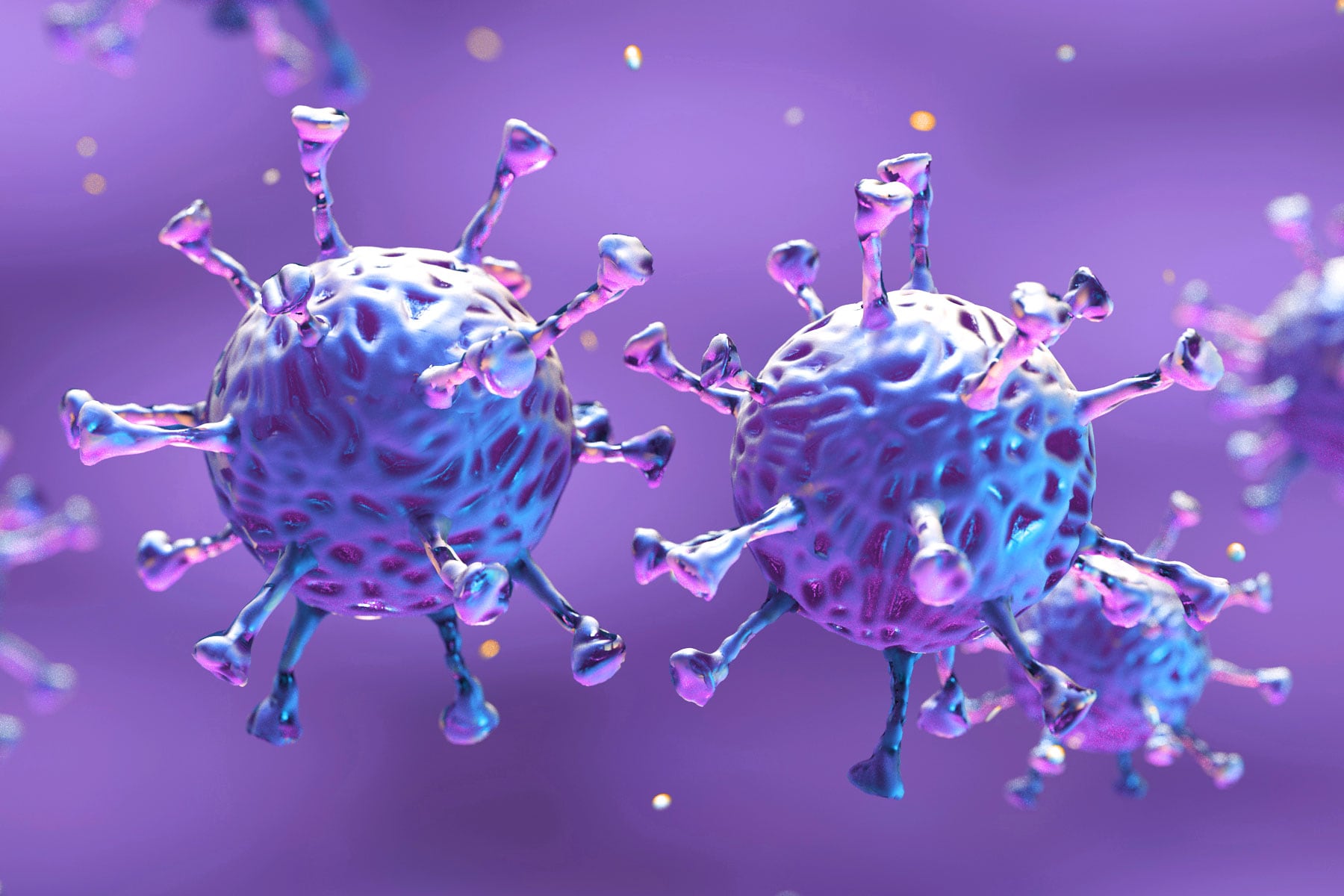Digeorge Syndrome Causes, Complications, Diagnosis and Treatment

What Is Digeorge Syndrome?
Also known as 22q11.2 deletion syndrome, DiGeorge syndrome is a disorder sourced by a fault in chromosome 22. In addition to this, the medical condition consequents in the poor development of some body systems.
Moreover, health problems linked with the disorder are as follow:
- Poor functioning of immune system.
- Problems associated with low calcium levels in the blood.
- Heart defects.
- Cleft palate.
- Developmental delays, with emotional and behavioral problems.
Furthermore, the amount and intensity of signs linked with DiGeorge syndrome tends to vary. Though, nearly every person with the disorder requires treatment from specialists in a number of fields. Untill the defect in chromosome 22 was discovered, DiGeorge syndrome was known as:
- CATCH22.
- Shprintzen syndrome.
- Velocardiofacial syndrome.
As of today, it is commonly known as 22q11.2 deletion syndrome that tends to be a more precise description. Though, the aforementioned names are also used till date.
What Are The Symptoms Of Digeorge Syndrome?
As mentioned earlier, symptoms greatly vary in terms of intensity and type, relying upon:
- The severity of defects.
- The system that is affected by the disorder.
Few indications may be observed at the time of birth, though others can become prominent when the child turns a year older or so. Common symptoms are as follow:
- Breathing difficulties.
- A heart defect can lead to inadequate supply of oxygen-rich blood, resulting in bluish skin appearance.
- Spasms or twitching around the arms, hands, throat or mouth.
- Recurrent infections.
- Delayed growth.
- Poor muscle tone.
- Some facial features for example wide-set eyes or low-set ears etc.
- Problems related to the palate.
- Low weight.
- Gastrointestinal problems.
- Difficulty to feed.
- Delayed development for example delays in sitting up etc.
- Learning difficulties.
- Delayed speech development.
- Behavior problems.
What Causes Digeorge Syndrome?
As mentioned earlier, it is triggered by the deletion of a portion of chromosome 22. Often, this happens as a random event in the mother’s egg or father’s sperm. Possibilities are that it may also occur initially in fetal development. At times, deletion tends to hereditary, that is, carried forward from a parent to his or her child. Such a parent also has deletions though may or may not have symptoms.
What Are The Complications Of Digeorge Syndrome?
A number of complications, DiGeorge syndrome can lead are as follow:
- Heart defects.
- Hypoparathyroidism.
- Thymus gland dysfunction.
- Cleft palate.
- Poor vision.
- Distinct facial features.
- Behavioral and learning problems.
- Autoimmune disorders.
- Poor kidney functions.
- Mental health problems.
- Hearing impairment.
How Is Digeorge Syndrome Diagnosed?
Detection of the disorder is based upon a lab test that reveals the deletion in chromosome 22.
How Is Digeorge Syndrome Treated?
Unfortunately, DiGeorge syndrome is incurable. Though, treatments help to deal with several critical problems for example low levels of calcium or heart defect. Besides, other concerns related to development and mental health can be observed and addressed in case of need.
By : Natural Health News




